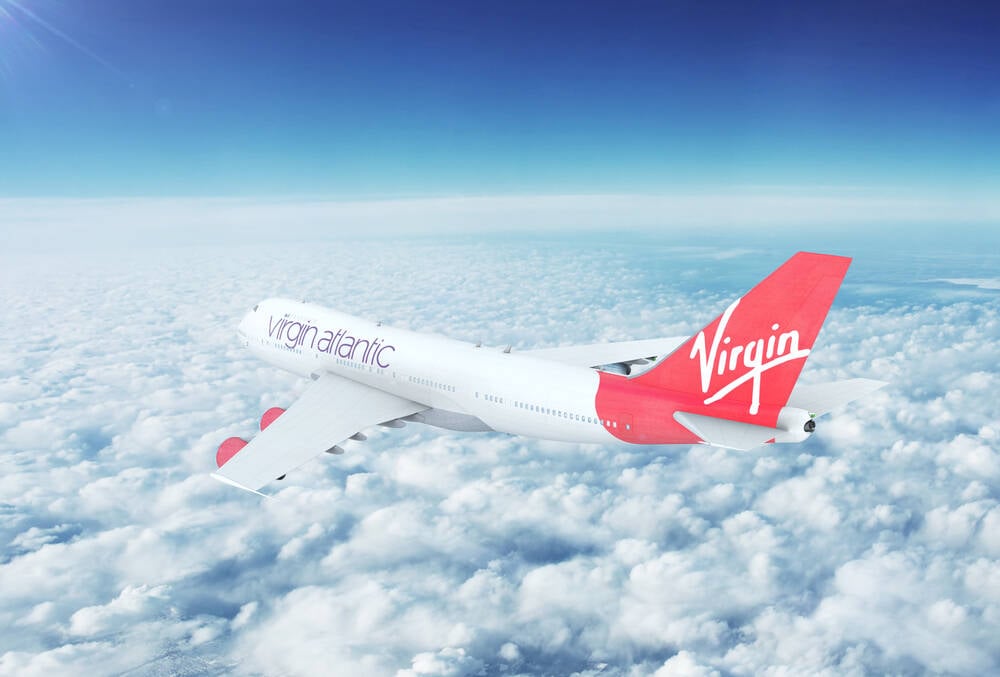Virgin Atlantic Trials OpenAI Agent for Website and Flight Functionality

Exploring AI Agents in Corporate Settings
Introduction to AI Agents
Artificial intelligence (AI) has taken center stage in corporate environments, with many companies cautiously integrating this technology into their operations. Among the leading players is OpenAI, which has introduced an AI agent known as Operator. This innovation is currently being trialed by Virgin Atlantic to enhance the flight booking experience on its website.
What is Operator?
Operator is a project that arose from OpenAI’s research. It is based on a model called Computer-Using Agent (CUA) and is accessible to OpenAI Pro subscribers through a dedicated platform. The primary role of Operator is to automate tasks by navigating web interfaces and interacting with them.
Features of Operator
- Vision Capabilities: Operator utilizes the advanced vision features of GPT-4, enabling it to analyze images and identify clickable elements on web pages.
- User Interface Understanding: The agent recognizes the layout of graphical user interfaces, similar to tools like Selenium and Playwright used for browser automation.
- Navigation and Interaction: By understanding website structures, Operator can help streamline activities like searching for flights or retrieving important information.
Virgin Atlantic’s Experience
Following the introduction of Operator, Virgin Atlantic began testing its capabilities on their website. The focus was to evaluate how well Operator could navigate the flight booking process and provide valuable insights into user interactions. Neil Letchford, VP of Digital Engineering at Virgin Atlantic, shared insights on the benefits observed during these tests.
The Testing Process
During the trial, Operator was tasked with:
- Navigating through the flight booking process.
- Retrieving relevant information for users.
- Monitoring overall website usage and offering feedback relevant to business needs.
Early evaluations indicated that Operator could assist in optimizing the website, helping Virgin Atlantic enhance the user experience.
Internal vs. External Use
Letchford explained that the deployment of Operator serves two primary purposes: optimization of internal processes and potential improvements in customer-facing interactions. His team is particularly excited about the opportunity to automate functions within the small, agile workforce dedicated to enhancing customer interactions.
Internal Functionalities
Internally, Operator has been utilized to:
- Understand User Experience: Operator analyzes web design and offers suggestions on potential improvements.
- Enhanced Communication: The agent has been programmed to generate reports and send findings via email, automating repetitive tasks.
This helps staff focus on more complex issues while routine tasks are managed by the AI.
Engaging with Customers
Currently, the AI agent is being explored within the realm of direct customer interaction. Operator has been made available for users of ChatGPT, allowing a broader audience to engage with it.
Key Findings from User Interaction
Initial customer interactions reveal that:
- Operator performs well with standard tasks and typically refrains from attempting actions that require sensitive personal information, which it recognizes as a privacy concern.
- It serves as an effective tool to grasp user needs without compromising security.
Feedback and Future Growth
Letchford emphasized that Operator functions as a team member, aimed at fulfilling specific organizational goals. Their approach combines tracking performance through established metrics while concurrently analyzing how AI agents could reshape customer engagement in the future.
Future Directions
The Virgin Atlantic team is looking into providing Operator with more context about their website. This enhancement could include teaching the agent about specific navigation patterns or webpage structures, making it a more efficient user support tool.
Innovative Possibilities
The team is also exploring various personas for Operator to see how different user demographics might interact with their website. For instance, they are considering how families or differently-abled users could benefit from tailored interactions.
Conclusion
As AI technologies continue to evolve, Virgin Atlantic’s partnership with OpenAI illustrates a promising exploration of AI agents in enhancing customer experience and operational efficiency. The insights gained from testing and user interactions pave the way for innovative developments in digital technology within the travel industry.





